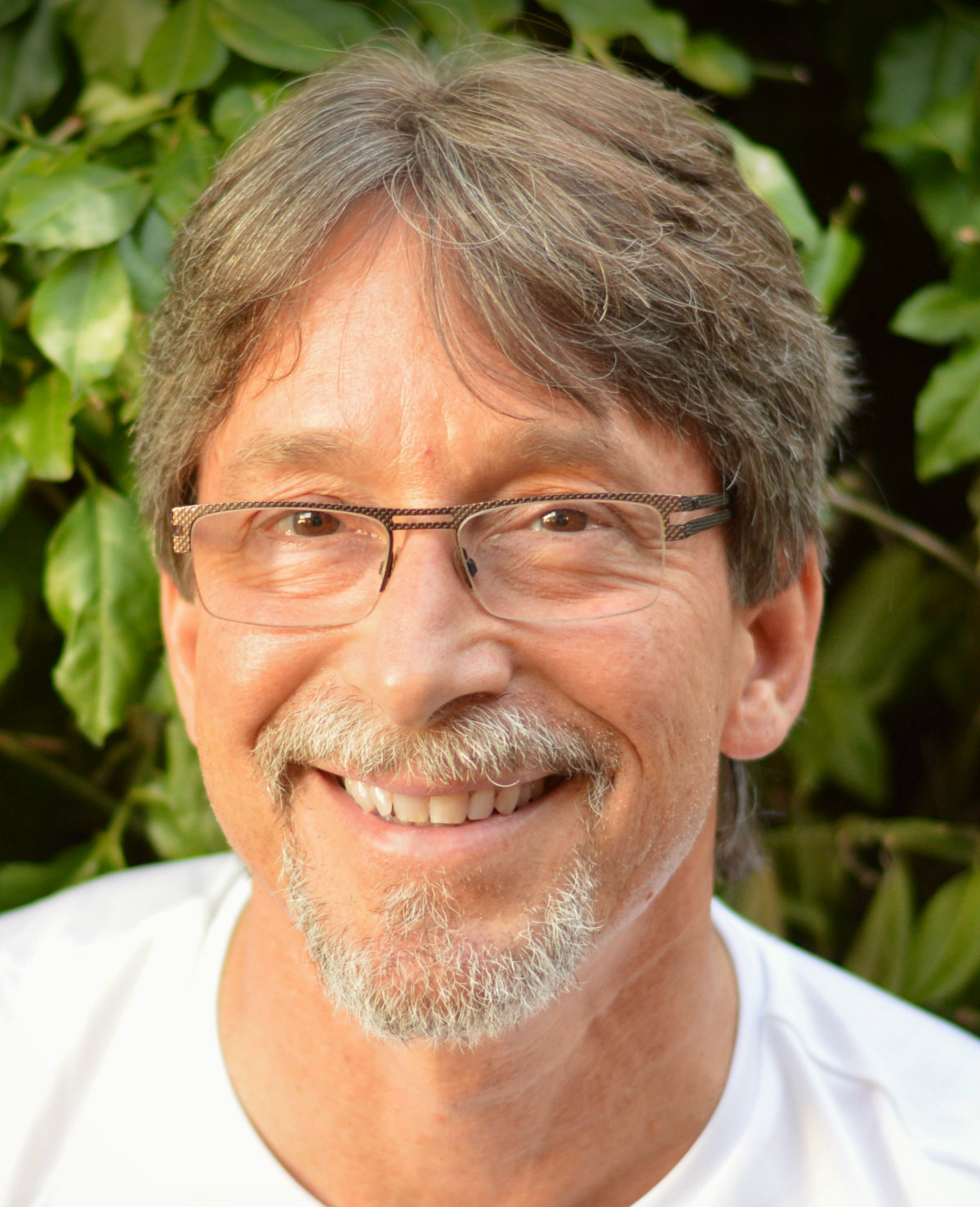Reflections On The Art of Living
How To Engage a Larger Sense of Life
& What It Takes To Live And Love Well
Doing What You Love
“Your art is what I would call your work. Your employment is your job.”
“The artist in you must build a structure, not in the way of being of service to society, but in the way of discovering the dynamism of the interior.”
“To do that, to keep up with your responsibilities and your fitness ans still nurture your creative aspect, you must put in a hermetically (sealed space), so that there is no intrusion, around a certain amount of hours each day – however many you can honestly afford.”
“That time must be inviolate.”
“You can allow yourself (more time) than you think you deserve, but you must make certain you have enough energy and time left over to attend to whatever you have to take care of.”
“This is a meditation on commuication and expression, the two factors in art work.”
“The point I am making is that your work – that is, your art – and your job must not contaminate each other.”
– Joseph Campbell
From ‘Reflections on The Art of Living: A Joseph Campbell Companion‘
by Diane Osbon.

What I've Learned
It has been my experience, in working with hundreds of people over the past 30 years, is that most people who seek help really do want to change something about their lives.
The painful issue is that they really don’t know how to access and make use of the resources needed to make meaningful and lasting changes. Some people secretly doubt their ability to be helped, and others can’t conceive of a better future beyond the life they currently live.
I find it to be the case, over and over again, that people must learn how to make use of real resources – people, places and things – in order to benefit from what human development has to offer.
This task often mystifies the seeker, as they have often over-relied on their own minds for too many years, and are often reluctant to engage the perspective of caring and informed others, who can act in service of the person’s highest good as well.
People who seek out transformative processes have to gradually learn that do not have to be ‘more or other’ than they already are. They do not have to entertain, or constantly demonstrate their knowledge, or caretake or impress others in order to finally properly attend to that which brings them alive from within.
A seeker has to learn to be themselves as they are, to allow their struggles to surface in the felt container of a sacred time and space, and as well in the presence of an attentive other. It is under these conditions that they can open themselves to being moved by what they discover, that has been up to now, obscured from view.
Those who can eventually come to understand how the revelation and recognition of their vulnerabilities and flaws can, in turn, move them towards deeper self-respect and a more useful engagement with new resources. This is usually the opposite of what the person expects.
This non-judging learning space can deeply validate their worth as a human being, beyond any personal accomplishments or successes in life could ever do.
By learning to see themselves in a more balanced, self-compassionate, forthright and reality-based way, a person in pursuit of their own true path can learn to better see their capacities and worth more clearly, and care for themselves in more realistic and doable ways.
“There is nothing you can do that’s more important than being fulfilled.
You become a sign, you become a signal, transparent to transcendence;
in this way, you will find, live and become a realization
of your own personal myth.”
– Joseph Campbell
“Not everything that is faced can be changed; but nothing can be changed until it is faced.”
– James Baldwin
